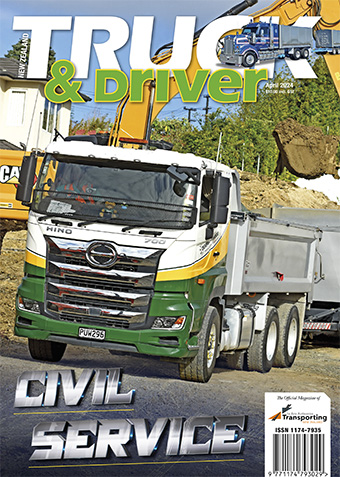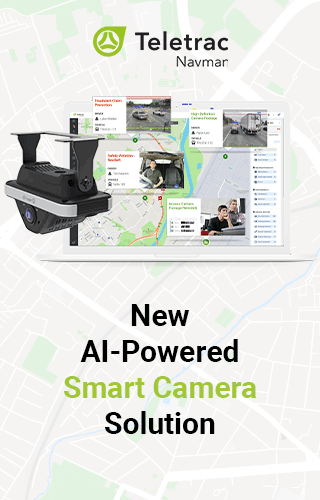Ia Ara Aotearoa Transporting New Zealand News


Industry must earn its social licence
You may have heard of the term "a social licence to operate." It refers to the level of acceptance that the local community and the general public have for your organisation and how you go about your business.
Every business is subject to this kind scrutiny and those that ignore public views and demands can quickly go out of business.
Due to the very nature of road transport, and the fact that we use public roads every day, our social licence to operate has an even higher bar than for most industries… and we are very visible to the general public.
The public rightly expect our businesses to not only be sources of wealth creation and employment, but also to play an important role in enhancing the social fabric of New Zealand. And, due to the public interaction, to be especially safety conscious. Expectations will also only increase for businesses to be environmentally responsible.
...You may have heard of the term "a social licence to operate." It refers to the level of acceptance that the local community and the general public have for your organisation and how you go about your business.
Every business is subject to this kind scrutiny and those that ignore public views and demands can quickly go out of business.
Due to the very nature of road transport, and the fact that we use public roads every day, our social licence to operate has an even higher bar than for most industries… and we are very visible to the general public.
The public rightly expect our businesses to not only be sources of wealth creation and employment, but also to play an important role in enhancing the social fabric of New Zealand. And, due to the public interaction, to be especially safety conscious. Expectations will also only increase for businesses to be environmentally responsible.
Those who dismiss these concerns are really only kidding themselves: The public are the consumers at the end of the supply chain and their concerns very quickly get reflected back up through that chain.
I believe that the majority of transport businesses take their social and environmental responsibilities seriously, or are giving thought to how they might improve in these areas. Those that don't will impact the whole industry's collective social licence.
Recently the road transport industry has been hit by negative publicity in mainstream media that has put its employment practices and safety standards in the spotlight.
As an advocate, one of the Road Transport Forum's key strategic priorities is to lead and support the industry in attracting and retaining a sustainable workforce, and enhancing safety, compliance and best practice.
We must support endeavours to weed out illegal behaviour that compromises the safety of workers and the NZ public we share the roads with.
As an industry body, we actively work with government regulators to ensure that the road transport industry is improving its health and safety and employment practices. This is in the industry's interests: I firmly believe that if the industry wants to solve its workforce issues longterm and become an attractive career option to a diverse range of NZers, then it needs to focus on the wellbeing of the people who work within it.
At RTF, we are working hard to attract workers to the road transport industry and to show career pathways that are rewarding. That process can quickly be derailed by bad publicity – even if that publicity is only reflective of a very small number of industry players. Perception is reality after all.
While our industry plays a critical role in the economic fabric of NZ, so too do many other industries, and they will be more likely to attract people and support from government if they show that they're making strides to improve industry standards, without forced regulation.
It's not enough to be relevant or even economically important any more: We have to satisfy regulators that our businesses are fully compliant and as safe as they can be. We also need to provide a working environment that values health, wellbeing, work-life balance and decent pay rates.
It is hard to make the argument that those things are unaffordable for today's transport companies and it falls on deaf ears at the table with Ministers and government officials. The constant "race to the bottom" of costs and competitive undercutting has led to a situation where the reputation of the entire industry is at stake.
As is the nature of life today, change is coming and fast. Technology is available now – and will be further developed in the future – that will contribute to this. For example, electronic logbooks can ensure an appropriate record of hours worked and breaks taken, as per the law, particularly if aligned with GPS information. They can be made almost impossible to cheat and, as I'm sure most readers will be aware, they have already been mandated in the United States.
This Government has an ambitious target to reduce the road toll and also has a union-backed commitment to occupational health and safety, and we must work with that. Being the 21st Century, where everything else is automated and digitised, it's pretty easy to see that electronic logbooks will eliminate issues around cheating on paper logbooks.
As an industry we need to ensure we offer working conditions that meet with the law, and with the public's expectations of good practice. It is this that will help us to retain our collective social licence to operate.




 + EQUIPMENT GUIDE - FREE
+ EQUIPMENT GUIDE - FREE
